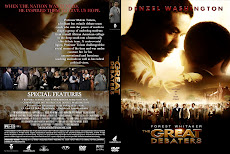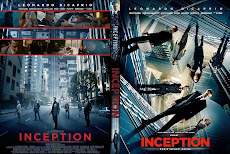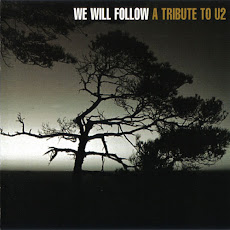
- 2. Berbasa-basi Sejenak 1
- 3. Berbasa-basi Sejenak 2
- 4. Dipanggil Untuk Mencinta, Kumpulan Renungan
- 5. Doa Sang Katak 1, Meditasi Dengan Cerita
- 6. Doa Sang Katak 2, Meditasi Dengan Cerita
- 7. Sejenak Bijak
- 8. Sadhana
- 9. Awareness : Butir butir Mutiara Pencerahan
Anthony de Mello De Mello, was born in Bombay, India, 1931. Until his sudden death on June 2, 1987, Fr. Tony de Mello was the director of the Sadhana Institute of Pastoral Counseling near Poona, India. De Mello, a Catholic spiritual leader from India, spent most of his waking hours talking about God's goodness and counseling people to enjoy life -- in the present. Author of five best selling books, renowned worldwide for his workshops, retreats, and prayer courses, he aimed simply to teach people HOW TO PRAY, how to WAKE UP AND LIVE.
De Mello spoke of a great thirst in the West for the God experience, a sense of the divine. His friends say that, above all, de Mello wanted to teach people to pray and to learn to be "awake" -- that is, alert to the pervasiveness of God. He taught meditational techniques that are a blend of Eastern religious thought, modern psychology and the spiritual exercises of Ignatius of Loyola, founder of the Jesuit religious order.
De Mello worried that Christians in the West had lost sight of their rich, mystical tradition. He felt that much of the recent "turning to the East" in search of meditational techniques was a result of the loss. "He loved stories,", he makes you see things in different ways. He was a genius of devising exercises for people to get in touch with themselves and to pray out of that experience." De Mello's greatest strength was his insistence that prayer is made with the heart more than with the head. Rather than more words about God, people want a taste of him, de Mello said. His admirerers also appreciated his strong preference for stories over dogmas as a vehicle for expressing religious truths.
Perhaps the best way to express de Mello's style of communicating with those who knew him is to tell some of his favorite stories. Most people, he maintained, are asleep. They need to wake up, open up their eyes, see what is real, both inside and outside of themselves. The greatest human gift is to be aware, to be in touch with oneself, one's body, mind, feelings, thoughts, sensations.
Here are some of his typical challenges: "Come home yourself! Come back to your senses! Do you hear that bird sing? How can you hear the song and not hear the singer? How can you see the wave and not see the ocean? How can you see the dance and not see the dancer?"
The thousands of people who attended Fr. de Mello's workshops, and the thousands more who did not attend but who wished theycould have, will surely consider it a great blessing that full-length conferences of this superbly gifted and eloquent speaker have been preserved.It is just the way he was, uninhibited by a TV studio or time limits.It is a priceless final gift he has left his friends.
Ingin mengenal Anthony de Mello & Buah pikirannya ? Silahkan Klik : http://www.deMello.org/






























